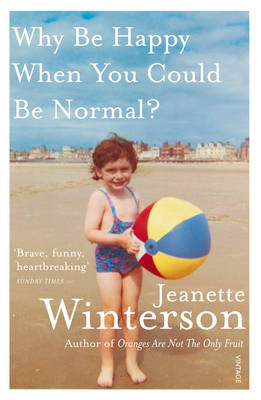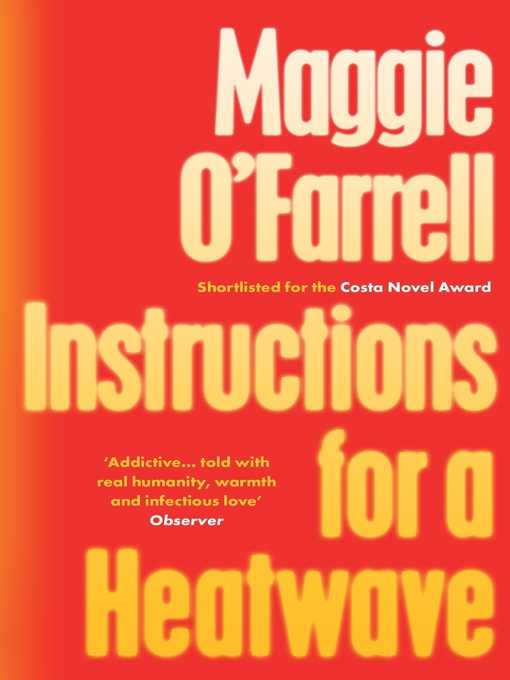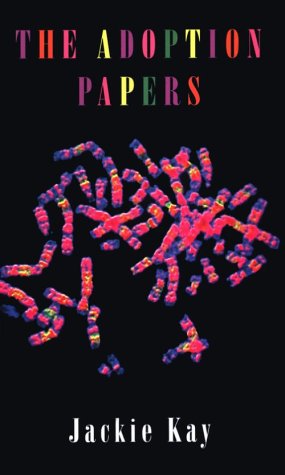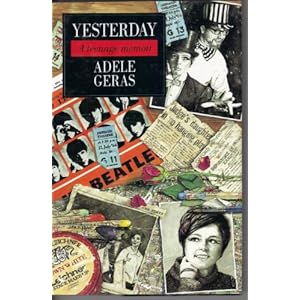The Hare with the Amber Eyes
Edmund de Waal
I am not much of a reader of biographies - only those of specific individuals I admire. But in order to see how Cardiff librarians run their book clubs, I thought I would read this and attend the meeting at Cathays.
Edmund de Waal has a fascinating family history, spanning many nations, and measured in this book by the presence of netsuke, small Japanese figures collected by his ancestors. They are initially collected by Charles Ephrussi, a Russian immigrant in Paris, at the height of their popularity. The figures move from here, to Vienna, to England and finally back to Japan with de Waal's uncle, Iggy.
I really enjoyed reading through the context of the journey - learning the details of the Ephrussi's attempts at assimilation into Vienna between the wars, and their eventual exclusion from the city during the Nazi reign. They were an incredibly adaptable family, spreading themselves through Europe and later into South America and the far East. And yet, despite their best efforts, anti-Semitism was too ripe to bring the family peace.
Some elements of the story seemed too good to be true - many of the family's fortunes came thanks to their wealth, but the survival of the netsuke was incredible. During the Nazi occupation, the Ephrussi household was taken over by the Nazi bureaucracy, and their property was scattered amongst the Ayrian elite. But the netsuke escaped attention, and were smuggled to safety in the folds of the apron of the family maid.
I would have liked to have learned more about de Waal's grandmother, Elisabeth. She was the daughter of the glamorous Baroness Emmy, a fashionable, sophisticated woman - but unlike her mother, Elisabeth had little fashion sense and was a determined, academic young woman. She fought for her education, and later fought to get her family out of Vienna during the Second World War. And after the war, she fought to regain possession of all the art and property her family lost during the Nazi occupation. I admired Elisabeth, a woman who seemed completely ahead of her time.
The end of the novel left me wondering what might happen next to the netsuke and to the Ephrussi family, now diluted by marriage and spread across the world.















